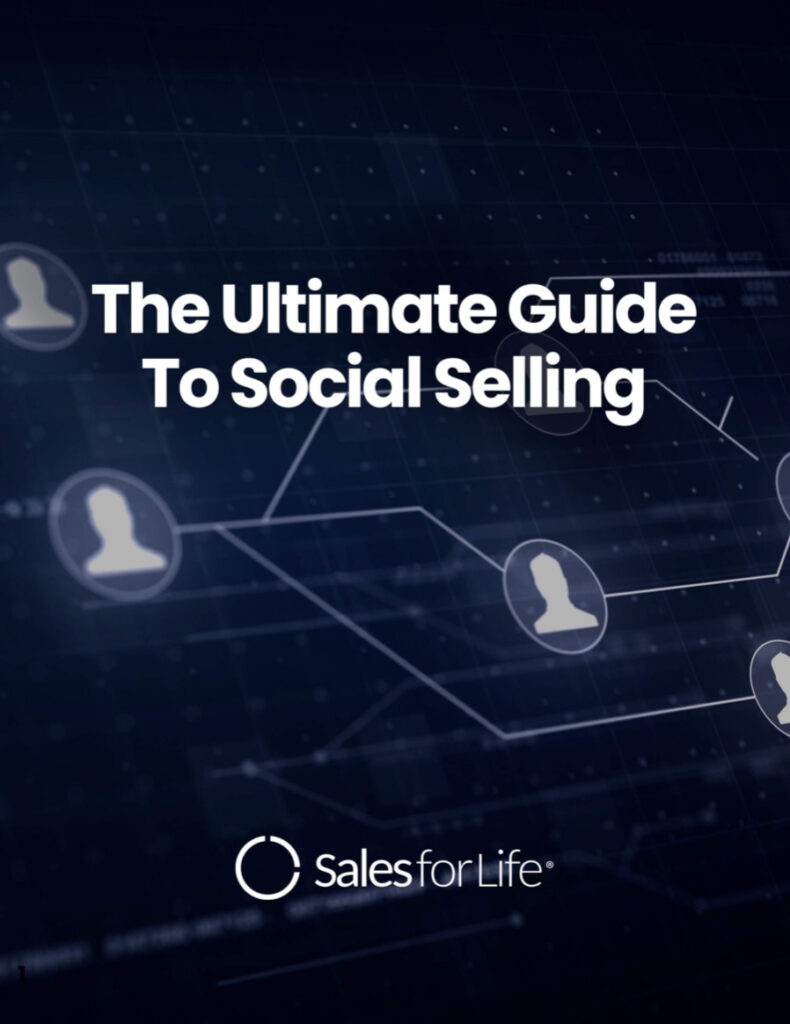If it ain’t broke, don’t fix it. Or so they say.
Oftentimes we think that it’s enough to have great content—the kind that really hits the mark. The same can be said for distribution. As long as we’re putting money behind our gated assets and optimizing our articles for SEO, we’re good, right?
Sure. We can be. We have been for some time. And that’s okay if you want the same results you’ve always seen; when you want to keep on keepin’ on. I understand it can be hard to consider another aspect of marketing—one you haven’t explicitly attended to in the past. I mean, if you’ve been doing just fine without caring about your content experience, then why start now? Why add another concern to your long list of to-dos? Why try something different?
Here are four reasons why you should care about your content experience:
Reason #1: Because Content Experience is the New Customer Experience
We can all agree that customer experience is supremely important to any business, whether you’re in the service industry or sell a product. But when the bulk of the “shopping” occurs online before a B2B buyer is ever ready to pick up the phone, then you can’t rely on your sales reps’ charm or superior customer service to win prospects over, at least not yet. According to Gartner, nearly 75 percent of B2B buyers conduct more than half of their research online before making an offline purchase. What’s more, organizations are 57 percent of the way through the purchase decision process before they engage with supplier sales reps.
However, they will engage with numerous pieces of content before picking up the phone or reaching out to a rep. In fact, according to Demand Gen Report’s Content Preferences Survey, 40 percent of C-level executives and VPs are reading 3-5 pieces of content, and 21 percent are reading 5-7 before picking up the phone.
So now, more than ever, your content experience creates an opportunity to ensure your prospects feel taken care of in the research stage of their buying cycle.
Reason #2: Because Ignoring Your Content Experience Leaves the Door Open For Your Competitors
A positive experience endears you to your prospective customer and helps to build trust and loyalty in your company. However, a negative experience can have the opposite effect.
According to McKinsey, 65 percent of buyers will come away from the buyer journey frustrated by inconsistent experiences and that frustration can cause the prospect or customer to look elsewhere.
Not convinced? Let’s take a look at two examples.
In these two depictions of B2B company resource centers, Company A has their content neatly organized by topic, industry, and resource type, making it very easy for a visitor to find what they’re looking for. The content itself looks more engaging. Based on the design and display alone, you’re probably more inclined to click on an article or video compared to Company B. Company A’s experience makes it easy to engage with more than one piece of content. And what’s more, there’s a custom CTA that includes relevant copy that makes it easy for visitors to convert.
Company B, on the other hand, hasn’t given much thought to how users will engage with their content. They’ve listed all resources in order of publication date without taking into account how visitors search for content, there are no calls-to-action or opportunities to convert within the resource center, and overall doesn’t give you a sense of the brand or what the company has to offer. In short, this experience is not doing the company any favors.
Now imagine company A is your organization and company B is your competitor. Who do you think your audience will choose? Who would you choose?
Reason #3: Because Optimizing Your Content Experience Means More Leads and More Opportunities
Beyond building trust and making your content look organized and pretty, optimizing your content experience ensures your content performs as well as the time and effort you’ve invested in it. This ultimately results in better-engaged prospects converting at a higher rate than before. In a recent study from Forrester Research, a well designed online experience was reported to yield conversion rates 400 percent greater than online experiences that did not consider UX in their design. Put simply, a better content experience means more leads and more marketing-influenced opportunities, where you’re able to move prospects through the funnel with content at every stage of the buyer journey.
A personalized content experience also increases the likelihood that prospects will buy.
A CEB study in Harvard Business Review reported prospects who perceived content to be tailored to their specific needs were 40 percent more willing to buy from that supplier than those who didn’t.
And personalization doesn’t just mean tailoring content to interests, roles, or industries. Consider the impact of tailoring content to specific stages of the buyer journey, and in this way, your content experience can engage at the top of the funnel, convert to a marketing qualified lead (MQL) at the middle of the funnel, and ultimately lead to a purchase at the bottom of the funnel.
Reason #4: Because the Stakes Are Too High to Ignore It
“Ignoring content experience is like making a beautiful cake then locking it in a hot car. When you neglect the experience, what could have been a delicious opportunity turns into a sticky disaster.”
-Lucia Novara, Creative Lead, Intelligent Demand
While in theory there’s no harm in keeping things just as they are, in reality, the opportunity cost of doing nothing should give you pause. When the stakes are missed MQLs, lost opportunities, and squandered sales it begs the question, can you really afford it? With B2B companies investing heavily in their content marketing efforts (26 percent of the total marketing budget), the need to protect that investment by optimizing the experience is necessary now more than ever.
The stakes are high. Do you know who’s responsible for content experience in your organization? Get answers in the Who Owns the Content Experience ebook.



